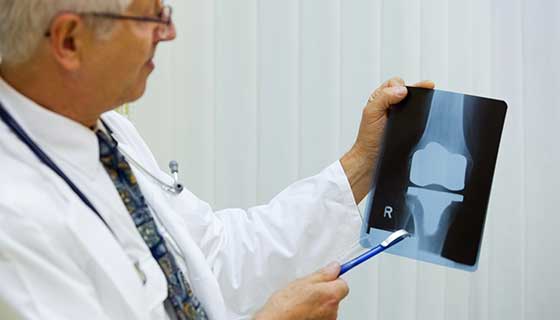Preparing for a successful joint replacement surgery involves several steps that patients can take to optimize their health and improve their recovery outcomes. Here are some key recommendations:
1. Preoperative Medical Evaluation
- Medical Assessment: Schedule a comprehensive medical evaluation with your primary care physician and any relevant specialists (e.g., cardiologist, endocrinologist) to ensure you are in good health for surgery.
- Pre-Surgical Testing: Complete any necessary preoperative tests, such as blood tests, EKG, chest X-rays, and other assessments to identify and manage any underlying conditions.
2. Optimize Physical Health
- Exercise and Physical Therapy: Engage in preoperative exercises, often referred to as "prehabilitation," to strengthen the muscles around the joint. This can include low-impact activities such as swimming, cycling, and specific physical therapy exercises.
- Weight Management: Achieve and maintain a healthy weight to reduce the stress on the joint and improve surgical outcomes. Weight loss can also decrease the risk of complications during and after surgery.
3. Smoking and Alcohol Cessation
- Quit Smoking: Stop smoking well before the surgery date. Smoking can impair blood flow and slow down the healing process, increasing the risk of complications.
- Limit Alcohol: Reduce alcohol consumption to lower the risk of bleeding and other complications during surgery.
4. Medication Management
- Review Medications: Provide a complete list of current medications, including prescription drugs, over-the-counter medications, and supplements, to your healthcare team. Some medications, such as blood thinners, may need to be adjusted before surgery.
- Follow Instructions: Follow your surgeon's instructions regarding medication adjustments, including when to stop certain medications before surgery.
5. Home Preparation
- Arrange Home Environment: Modify your home to make it safer and more accessible during your recovery. This can include installing grab bars, ensuring clear pathways, and arranging for a comfortable resting area on the main floor if stairs are a challenge.
- Stock Up: Prepare by stocking up on groceries, medications, and other essentials. Consider preparing and freezing meals in advance.
6. Plan for Postoperative Care
- Support System: Arrange for a family member, friend, or caregiver to assist you during the initial recovery period. This support can be crucial for tasks such as transportation, meal preparation, and personal care.
- Rehabilitation Plan: Discuss and plan your postoperative rehabilitation with your surgeon and physical therapist. Know what to expect and have a schedule for follow-up appointments and physical therapy sessions.
7. Mental and Emotional Preparation
- Set Realistic Expectations: Understand the potential outcomes and limitations of the surgery. Discuss any concerns with your surgeon to set realistic goals for recovery.
- Stress Management: Practice stress-reducing techniques such as meditation, deep breathing exercises, or yoga to maintain a positive mindset leading up to surgery.
8. Day of Surgery Preparation
- Fasting Instructions: Follow the specific instructions regarding fasting before surgery, typically stopping food and drink at midnight before the procedure.
- Comfortable Clothing: Wear loose, comfortable clothing to the hospital and ensure you have appropriate footwear for walking post-surgery.
9. Post-Surgery Plan
- Pain Management: Discuss pain management options with your healthcare team to ensure you have a plan in place for postoperative pain control.
- Follow-Up Care: Ensure you understand the schedule for follow-up visits and adhere to all postoperative care instructions to monitor your progress and address any concerns promptly.
By following these steps, patients can enhance their readiness for joint replacement surgery and support a smoother recovery process, leading to better overall outcomes.





Comments